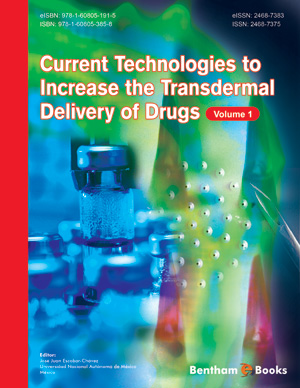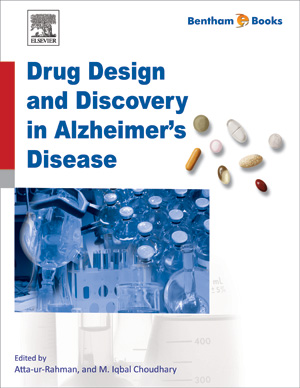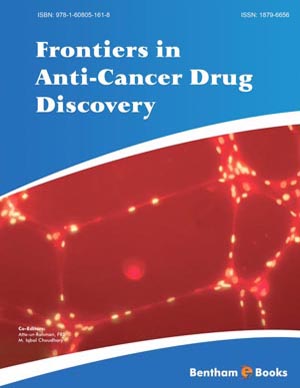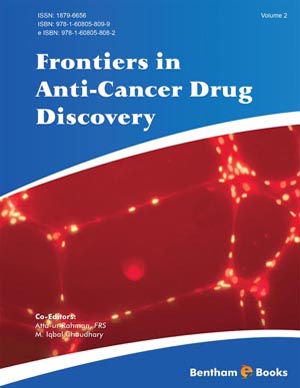Abstract
Increased angiogenic activity occurs frequently in lung cancer and results in biologically more aggressive disease. There has been intense research into therapeutic agents that inhibit angiogenesis and may improve treatment options for patients with lung cancer. Bevacizumab, a monoclonal antibody directed against serum VEGF, in combination with carboplatin and paclitaxel chemotherapy, has been shown to improve survival for NSCLC patients. Meta-analysis of trials of bevacizumab in combination with platinum-based chemotherapy for NSCLC, show a 10% reduction in the risk of death (HR 0.90, 95%CI 0.81 – 0.99). However, therapy with bevacizumab is limited to NSCLC patients with non-squamous histology, good performance status, no brain metastases and the absence of bleeding or thrombotic disorders. Similar efficacy has been seen also with carboplatin, pemetrexed plus maintenance pemetrexed chemotherapy. In the second-line setting, the addition of ramucirumab to docetaxel chemotherapy, resulted in a modest improvement in survival, adding a second antiangiogenic treatment option for patients with NSCLC.
A large number of trials in NSCLC have been conducted evaluating oral antiangiogenic compounds, both in first-line therapy in combination with chemotherapy, or upon disease progression, either as combination, or single agent therapy. Some level of activity has been observed with most agents. No clear improvements in overall survival have been observed, although a subgroup analysis of a trial evaluating the addition of nintedanib to docetaxel showed improved survival limited to patients with adenocarcinoma. However, these findings require validation. All of the oral antiangiogenic agents result in added toxicities. Some agents have resulted in an increased risk of death, limiting their development. Currently, there is no established role for anti-angiogenic therapy in SCLC, although there is some promise for sunitinib as maintenance therapy following platinum and etoposide chemotherapy.
Despite the large number of anti-angiogenic agents evaluated in clinical trials, there is evidence supporting a limited number of agents as treatment options for patients with lung cancer. To date no biomarkers have been identified. It is unclear whether treatment effects in a subpopulation, are lost among a larger unselected population of patients. There is a need for additional translational research to identify predictive biomarkers for anti-angiogenic therapy.
Keywords: Angiogenesis, Anti-angiogenic therapy, Chemotherapy, Fibroblast derived growth factor, Monoclonal antibodies, Non small cell lung cancer, Overall survival, Platelet derived growth factor, Progression free survival, Randomized clinical trials, Small cell lung cancer, Tyrosine kinase inhibitors, Vascular endothelial growth factor.






















